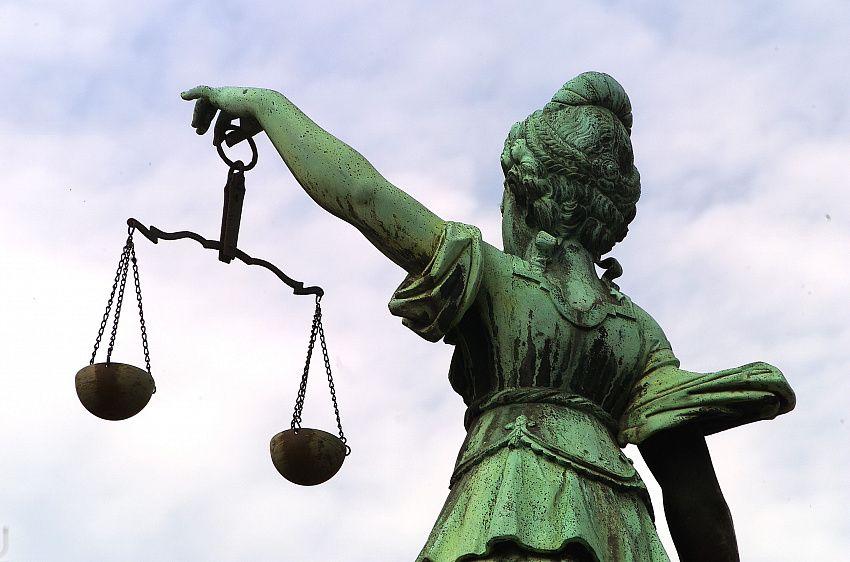PM Nikol Pashinyan vs the Constitutional Court: What next?

Armenian PM Nikol Pashinyan’s recent ‘Hrayr Tovmasyan cannot be President of the Constitutional Court’ post on Facebook marks a new round of escalating political turmoil around Pashinyan’s ambition to take control over the Constitutional Court of Armenia.
Tovmasyan’s lawyer Makinyan’s reaction was prompt and not less challenging, as it looks from his blames against Pashinyan, also on Facebook, – criminal attempt to usurp power.
Indeed, with all respect to Pashinyan’s vital interest to clean the political spectrum from all resisting forces to go on with his reforms, Tovmasyan’s case is very different from all. It would be naïve to say that Pashinyan, playing role of a strong PM in parliamentary republic, could stay a mere observer. Pashinyan, it seems, never hesitates to use his public support and spend some portion of credit in order to influence investigations against opponents linked to the old regime… or make those investigations faster. At the same time, Tovmasyan himself gave the PM chance by position taken at the very beginning of process against the former president Robert Kocharyan, who is still under arrest.
Nevertheless, this time level of escalation is far more worrisome what became easily observable since the moment PM Pashinyan called his supporters to block court building.
Interestingly, it wasn’t Tovmasyan who made the first blame in terms of anti-constitutional attempts. Several days before Secretary of the National Security Council Armen Grigoryan made a statement about a failed attempt of coup d’état, mentioning that investigations are under way. Grigoryan made strong reference to ‘forces linked to the previous regime’ and ‘some people who believed them.’ According to local newspaper Haykakan Zhamanak (with PM Pashinyan’s spouse Anna Hakobyan as Editor-in-Chief) had even published an article seriously blaming former National Intelligence Service boss Artur Vanetsyan as the core figure behind the plot.
Finally, Larisa Minasyan, head of Open Society Foundations (OSF) Armenia, has recently said tha OSF criticism in Armenia ‘targets the state’ and ‘counterrevolutionary’, although OSF statement dd. January 29th used far more neutral language. Larisa Minasyan has long been blamed by Pashinyan’s opponents as the new government’s ‘gray cardinal’ and her participation in turnaround of mutual accusations wasn’t left without notice by local media and experts.
There are too many talks of coup, as we see and both sides make their stakes on escalation. No one doubts that Pashinan has far more instruments than his opponents. But the nasty side of the story is obviously staged involvement of Public Television of Armenia into the story, naturally on Pashinyan’s side. And even if the aim is to foster the change and get rid of the change opponents – is it worth to use tools so familiar to simple Armenians and so traditional for the previous regime? On January 15 Tovmasyan held a videoconference talk with Fianni Buquicchio, President of the Venice Commission of the Council of Europe. This ‘watchdog’ of constitutional law has been monitoring this crisis since its beginning last fall, after Pashinyan’s first engagements to reshape the Constitutional Court. Tovmasyan’s statements afterwards seem more confident than the PM’s. So far… What next?
EDITORIAL NOTE (11 FEBRUARY 2020)
On February 10, 2020 President of Armenia Armen Sarkissian signed the bill on holding the referendum on April 5 this year, adopted by parliament earlier.
 Latest news
Latest news Latest news
Latest newsGreece Plans to Exclude Turkiye from Future Defense Contracts
20.Feb.2026
U.S.-Based Mars Launches Major Investment Project in Kazakhstan
20.Feb.2026
Parliamentary Elections 2026 in Armenia as a Geopolitical Referendum
20.Feb.2026
Russia and Ukraine Fail to Reach Agreement in Geneva
19.Feb.2026
The South Caucasus in U.S. Foreign Policy: Implications of High-Level Visits for Russian and Chinese Regional Aspirations
18.Feb.2026
Ukraine Imposes Personal Sanctions on Belarusian President Alexander Lukashenko
18.Feb.2026
72% Against the Authorities: Economic Dissatisfaction Hits Record Levels in Turkiye
17.Feb.2026
Bulgaria Strengthens Defense: First American Stryker Vehicles Delivered
17.Feb.2026
Moscow Criticizes Plans to Build a U.S.-Backed Nuclear Power Plant in Armenia
16.Feb.2026
Washington expects Tbilisi to strengthen ties amid regional changes
15.Feb.2026

 28 Feb 2026
28 Feb 2026









